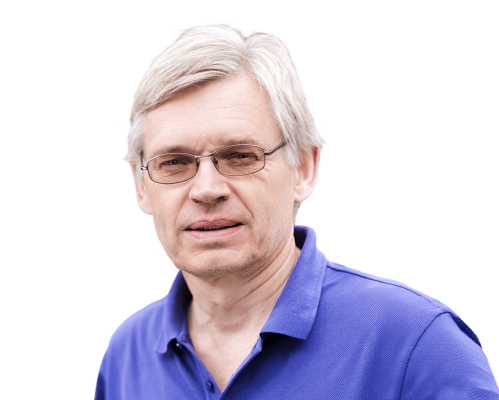mRNA Vaccine Design and Delivery to Immune Cells
2022 Warren Alpert Foundation Foundation Prize
In honor of: Eric Huang Katalin Karikó Uğur Şahin Özlem Türeci Drew Weissman for pioneering work leading to the discovery and development of mRNA vaccines.


Ugur Şahin

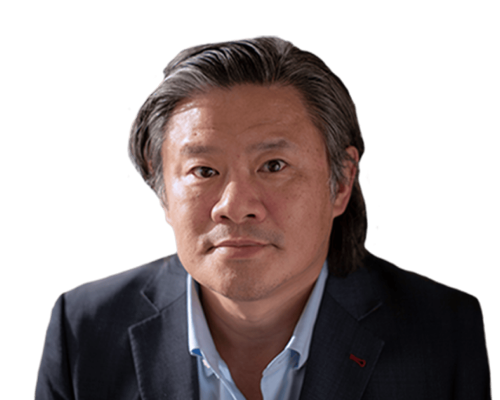
Eric Huang

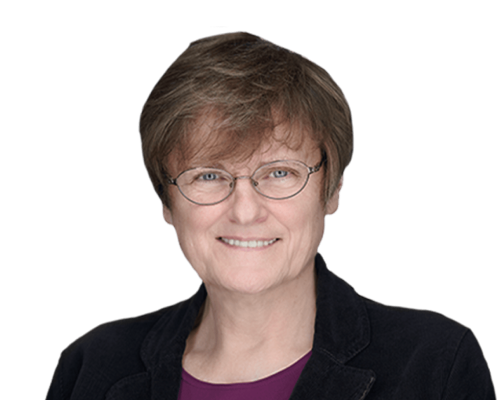
Katalin Karikó

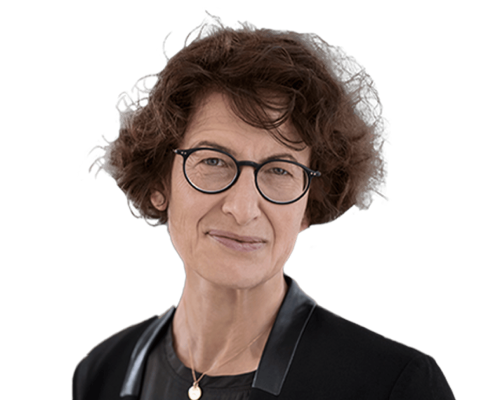
Özlem Türeci

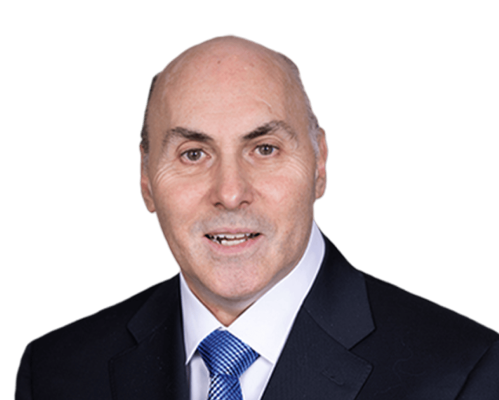
Drew Weissman
Symposium Program
Each year the recipient(s) of the Warren Alpert Foundation Prize are recognized at a scientific symposium hosted by Harvard Medical School.
Opening Remarks
George Q. Daley, MD,
Dean of the Faculty of Medicine, Harvard University; Caroline Shields Walker Professor of Medicine
Moderator
Shiv Pillai, MD, PhD
Professor of Medicine and Health Sciences and Technology; Ragon Institute of MGH, MIT and Harvard
Presentations
Katalin Karikó, PhD
Senior Vice President, BioNTech SE, and Adjunct Professor of Neurosurgery, Perelman; School of Medicine at the University of Pennsylvania
Developing mRNA for Therapy
Drew Weissman, MD, PhD
Roberts Family Professor in Vaccine Research, Perelman School of Medicine at the University of Pennsylvania
Nucleoside-Modified mRNA-LNP Therapeutics
Uğur Şahin, MD
Co-founder and Chief Executive Officer, BioNTech SE, and Helmholtz Professor for mRNA Cancer Immunotherapies, German Cancer Research Center in the Helmholtz Institute Mainz; and Professor, University Medical Center of the Johannes Gutenberg University Mainz
mRNA Cancer Vaccines and Immunotherapies
Özlem Türeci, MD
Co-founder and Chief Medical Officer, BioNTech SE, and Helmholtz Professor for Personalized Cancer Immunotherapies, German Cancer Research Center in the Helmholtz Institute Mainz
Project Lightspeed: Developing a COVID-19 mRNA Vaccine
Eric Huang, PhD
General Manager and Chief Scientific Officer, Moderna Genomics
Moderna’s mRNA Platform and Vaccines: Our Reflection and Journey to Today

Sign up to receive updates

For questions about the prize, please contact us.

